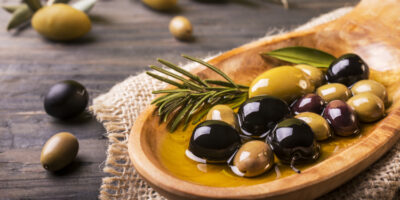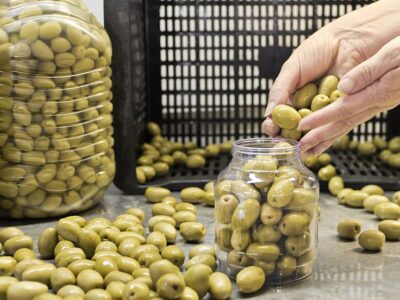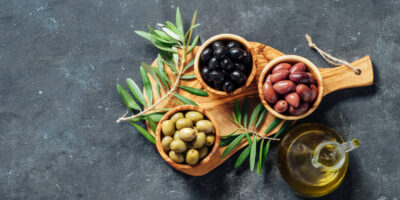In the heart of the Mediterranean, Lebanon boasts a love affair with olives that spans centuries. These small fruits, with their rich flavors and versatility, hold a special place in Lebanese culture and cuisine. Let’s dive into the world of olives in Lebanon, exploring their significance, cultivation, and the delightful products they yield.
The Significance of Olives:
Olives are more than just a fruit in Lebanon; they’re a symbol of abundance, peace, and tradition. From ancient times to the present day, olives have been cherished for their oil, which is used in cooking, cosmetics, and religious rituals. The olive tree itself is revered for its longevity and resilience, often seen as a metaphor for the strength of the Lebanese people.
Cultivation of Olives:
Lebanon’s diverse landscapes provide ideal conditions for olive cultivation, with groves dotting the countryside from the coast to the mountains. Olive trees thrive in the Mediterranean climate, requiring little water and tolerating various soil types. Traditional farming methods, such as terracing and hand-harvesting, are still prevalent, ensuring that each olive is carefully nurtured and harvested at the peak of ripeness.

Varieties of Olives: Lebanon is home to a wide variety of olive cultivars, each with its own unique flavor profile and characteristics. From the small and tangy green olives to the large and meaty black olives, there’s a taste to suit every palate. Olives are enjoyed in numerous forms, including table olives, olive oil, and olive-based spreads and dips, adding depth and richness to Lebanese cuisine.

The Olive Harvest:
The olive harvest is a time-honored tradition in Lebanon, bringing families and communities together to celebrate the bounty of the land. From October to December, farmers gather to hand-pick the ripe olives, a labor-intensive process that requires skill and patience. The harvest season is marked by festivals and gatherings, where people come together to share food, music, and stories, strengthening bonds and fostering a sense of unity.

Conclusion: In Lebanon, olives are more than just a fruit; they’re a cherished part of the cultural fabric, embodying the resilience, abundance, and tradition of the Lebanese people. From the groves that carpet the countryside to the tables where they’re enjoyed with family and friends, olives hold a special place in the hearts and palates of all who call Lebanon home. So the next time you savor a bite of olives or drizzle olive oil over your favorite dish, take a moment to appreciate the rich history and enduring legacy of this beloved fruit.









